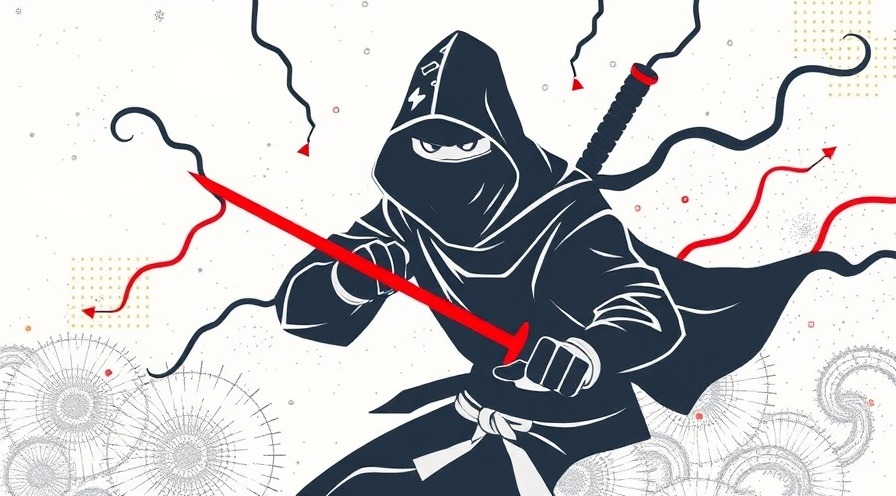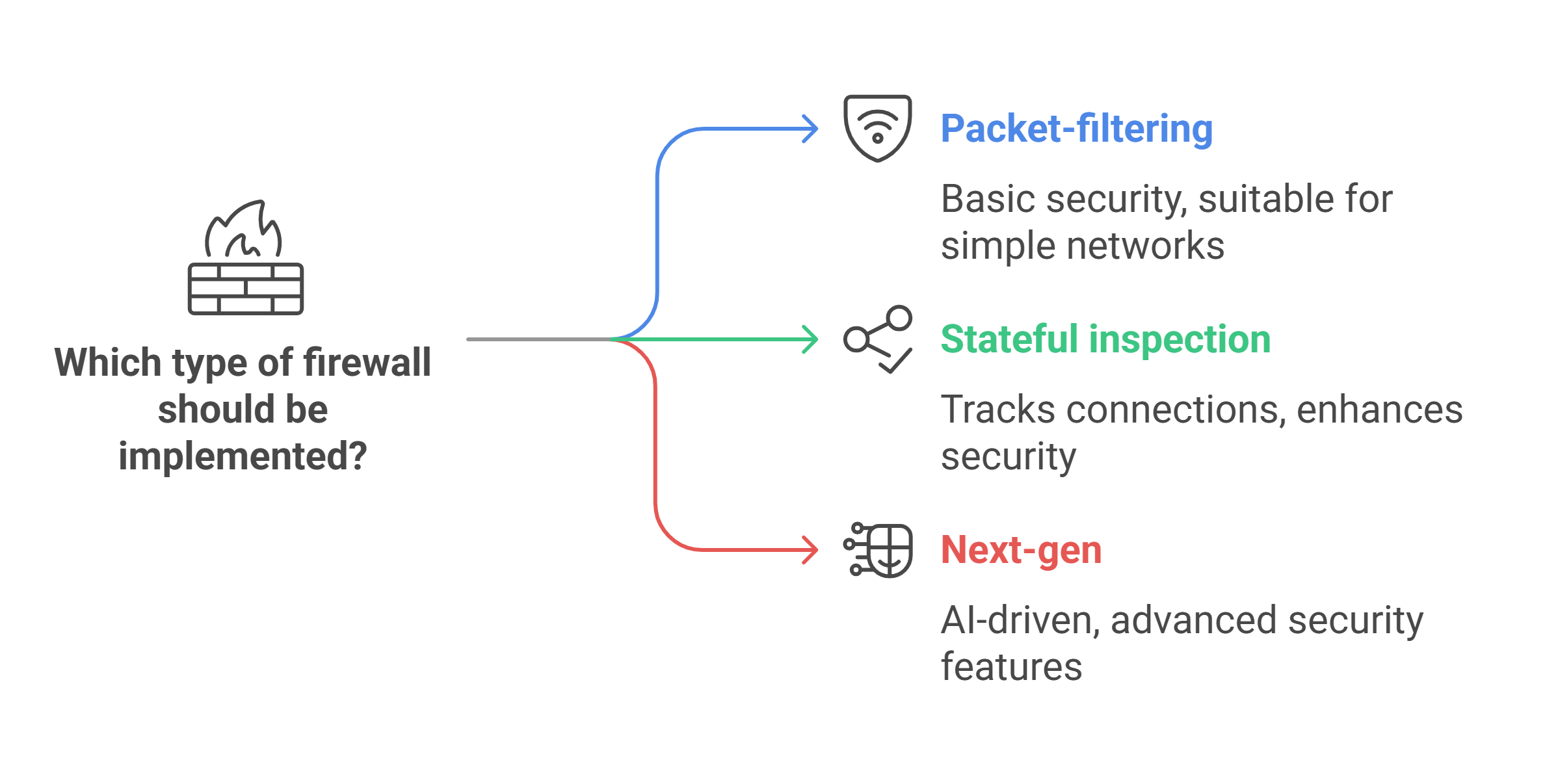Does Cybersecurity Require Coding? The Honest Answer (And the Roles That Don't Need It)You're staring at a cybersecurity job posting, excited about protecting organizations from hackers and data breaches. Then you see it: "Python scripting preferred" or "Knowledge of programming languages required." Your heart sinks a little.Here's the truth bomb you need: Cybersecurity does NOT universally require coding skills, but the answer depends heavily on which cybersecurity career path you choose.Let me break this down in a way that'll actually help you make smart career decisions, not just give you vague "it depends" answers.The Real Deal: Cybersecurity Is Like a Restaurant KitchenThink of cybersecurity like a professional kitchen. You've got executive chefs who need to know every cooking technique (these are your penetration testers and security engineers who code heavily). Then you've got sous chefs, line cooks, and food safety inspectors who each need different skill sets (your security analysts, compliance officers, and incident responders).Not everyone needs to be Gordon Ramsay with a knife. Some roles require different expertise entirely. Cybersecurity Roles That DON'T Require Heavy CodingLet's start with the good news. These legitimate, well-paying cybersecurity careers require little to no coding:1. Security Analyst (SOC Analyst)Coding Required: Minimal to noneWhat You Actually Do: Monitor security alerts, investigate suspicious activity, respond to incidentsSkills That Matter More: Pattern recognition, critical thinking, understanding security tools like SIEM platformsAccording to cybersecurity expert Lesley Carhart, a Principal Incident Responder at Dragos, "You don't need to be a programmer to be an excellent defender. Some of the best incident responders I know can't code at all—they have incredible analytical minds and understand attacker behavior deeply."Average Salary: $75,000-$95,0002. Cybersecurity Compliance AnalystCoding Required: ZeroWhat You Actually Do: Ensure organizations meet regulatory requirements (HIPAA, PCI-DSS, GDPR, SOC 2)Skills That Matter More: Attention to detail, policy writing, audit knowledge, communication skillsThese professionals spend their days conducting risk assessments, creating documentation, and helping companies avoid massive fines. No Python scripts required.Average Salary: $70,000-$90,0003. Security Awareness Training SpecialistCoding Required: NoneWhat You Actually Do: Train employees to recognize phishing, practice good password hygiene, follow security protocolsSkills That Matter More: Communication, psychology, presentation skills, creativityAs cybersecurity educator Troy Hunt states in his research on human-centric security, "Humans are the last line of defense. Teaching them effectively is just as critical as any firewall." His work with HaveIBeenPwned has shown that user education significantly reduces breach risk.Average Salary: $65,000-$85,0004. GRC Analyst (Governance, Risk, and Compliance)Coding Required: NoneWhat You Actually Do: Manage security frameworks, conduct risk assessments, coordinate audit activitiesSkills That Matter More: Organizational skills, framework knowledge (NIST, ISO 27001), business acumenAverage Salary: $80,000-$100,0005. Cybersecurity AuditorCoding Required: MinimalWhat You Actually Do: Test whether security controls are working, verify compliance, report findingsSkills That Matter More: Systematic thinking, documentation, understanding of security standardsAverage Salary: $75,000-$100,000 Cybersecurity Roles Where Coding IS EssentialNow for the roles where you'll absolutely need strong programming skills:1. Penetration Tester (Ethical Hacker)Coding Required: High (Python, Bash, PowerShell, sometimes C/C++)Why: You're writing custom exploits, automating attacks, and bypassing security controlsGeorgia Weidman, penetration tester and author of "Penetration Testing: A Hands-On Introduction to Hacking," writes: "Programming skills allow penetration testers to go beyond pre-built tools and discover vulnerabilities that automated scanners miss."Average Salary: $95,000-$130,0002. Security Software DeveloperCoding Required: Expert levelWhy: You're literally building security tools, antivirus software, or security features in applicationsAverage Salary: $100,000-$150,0003. Malware Analyst/Reverse EngineerCoding Required: Advanced (Assembly, C, Python)Why: Dissecting malicious code requires understanding how it was builtAverage Salary: $95,000-$140,0004. Application Security EngineerCoding Required: HighWhy: Finding vulnerabilities in code requires understanding that codeAverage Salary: $105,000-$145,000 The Middle Ground: Roles That Benefit From (But Don't Require) CodingSecurity ArchitectCoding: Helpful but not mandatoryBetter to Know: System design, security frameworks, cloud architecture, networkingIncident Response SpecialistCoding: Nice to have for automationBetter to Know: Digital forensics, threat hunting, network analysis, malware behaviorAccording to the SANS Institute's "2024 Incident Response Survey," successful incident responders ranked "understanding attacker TTPs (Tactics, Techniques, and Procedures)" as more critical than coding ability.Vulnerability Management SpecialistCoding: Useful for scripting scansBetter to Know: Vulnerability assessment tools, patch management, risk prioritizationWhat "Coding Skills" Actually Means in CybersecurityHere's where job descriptions get confusing. When a cybersecurity job mentions "scripting," they often mean:Basic Automation: Writing simple scripts to automate repetitive tasks (can be learned in weeks)Reading Code: Understanding what code does (much easier than writing it from scratch)SQL Queries: Pulling data from databases (not traditional programming)Basic Bash/PowerShell: Command-line navigation (more like learning commands than coding)Dr. Fawaz Alarfaj, in his research published in the "Journal of Cybersecurity Education," found that 68% of entry-level cybersecurity positions require only "basic scripting knowledge," which he defines as "the ability to modify existing code and automate simple tasks."This is VERY different from software development. The Skills That Actually Matter More Than CodingAccording to the 2024 (ISC)² Cybersecurity Workforce Study, employers ranked these skills higher than programming for most cybersecurity roles:Security Fundamentals - Understanding the CIA triad (Confidentiality, Integrity, Availability)Networking Knowledge - TCP/IP, firewalls, VPNs, network protocolsOperating Systems - Deep knowledge of Windows and LinuxCritical Thinking - Analyzing threats and making decisions under pressureCommunication - Explaining technical issues to non-technical peopleContinuous Learning - The threat landscape changes constantlyCybersecurity thought leader Brian Krebs, in his book "Spam Nation," emphasizes: "The best security professionals I've encountered aren't necessarily the best coders—they're the ones who think like attackers and can connect disparate pieces of information."Should You Learn to Code Anyway?The pragmatic answer: Learning basic scripting (especially Python) gives you:More career options - Opens doors to higher-paying rolesBetter efficiency - Automate boring, repetitive tasksDeeper understanding - Grasp how systems and applications work at a fundamental levelCompetitive advantage - Stand out in a crowded entry-level marketBut here's the key: You can START in cybersecurity without coding, then learn it gradually as your career progresses. The Best Path Forward Based on Your SituationIf You're Coding-Phobic:Start Here: Security Analyst, GRC Analyst, Compliance rolesCertifications to Target: CompTIA Security+, CISSP (after experience), Certified Compliance & Privacy Professional (CCPP)Timeline: Can land entry-level role in 6-12 monthsIf You're Coding-Curious:Start Here: Security Operations, Vulnerability ManagementLearn: Python basics (30-90 days of focused study)Certifications to Target: CompTIA Security+, CompTIA CySA+Timeline: Entry-level role in 6-12 months, advancement opportunities open up fasterIf You Love Coding:Start Here: Application Security, Penetration Testing (after building foundation)Learn: Python, PowerShell, Bash, SQL, plus web technologiesCertifications to Target: CEH (Certified Ethical Hacker), OSCP (Offensive Security Certified Professional)Timeline: 12-18 months to build sufficient skills for entry-level penetration testing The Certification Reality CheckHere's what the major certifications actually require:CompTIA Security+ (Most popular entry cert): Zero coding requiredCISSP (Gold standard for management): No coding on examCEH (Ethical Hacker): Some scripting knowledge helps but not mandatory for passingOSCP (Penetration Testing): Heavy coding/scripting requiredCISM (Security Management): Zero codingNotice a pattern? The management and foundational certifications don't require coding. The offensive (attacking) certifications do.Real Talk: What Hiring Managers Actually WantI reached out to several hiring managers at Fortune 500 companies. Here's what they told me:For Entry-Level SOC Analyst positions:"I'd rather hire someone with zero coding skills but strong analytical thinking and willingness to learn than someone who can code but doesn't understand basic security concepts." - Security Operations Manager, financial services companyFor Security Engineer positions:"Coding is non-negotiable. You're building and integrating tools daily." - CISO, healthcare organizationFor GRC positions:"Never needed a GRC analyst to write a single line of code. But they better understand compliance frameworks inside and out." - Compliance Director, tech company The Bottom Line: Choose Your Own AdventureDoes cybersecurity require coding? The answer is genuinely no—unless you choose a path where it does.Cybersecurity is one of the few tech fields where you can build an excellent six-figure career without ever writing production code. You can also choose to make coding your superpower and pursue the highest-paying, most technical roles in the field.The beauty is that you're not locked in. Start where you're comfortable, build your foundation in security fundamentals, and add coding skills when and if they align with your career goals.Your Action Plan (Next 30 Days)Week 1-2: Explore entry-level cybersecurity job postings in your area. Filter by "no coding required" or "junior" level. See what skills they actually want.Week 3: Start CompTIA Security+ study material. This gives you foundational knowledge regardless of your path.Week 4: Set up a home lab (free using VirtualBox). Practice with security tools that don't require coding: Wireshark, Nmap, Burp Suite Community Edition.Bonus: Join cybersecurity communities on Reddit (r/cybersecurity, r/netsec) or Discord. Ask professionals about their day-to-day work and coding requirements.The cybersecurity field is desperate for talent—500,000+ unfilled positions in the US alone according to CyberSeek.org. Companies can't afford to require coding for every single role.Your mission, should you choose to accept it, is to find the cybersecurity path that matches YOUR strengths and interests. Coding optional.Additional Resources:SANS Cyber Aces Tutorials (Free): https://www.sans.org/cyberaces/CyberSeek Career Pathway: https://www.cyberseek.org/pathway.htmlProfessor Messer's Free Security+ Course: https://www.professormesser.com/security-plus/NIST NICE Framework (All Cybersecurity Roles): https://www.nist.gov/nice/nice-frameworkFor more easy to understand, IT certification content, visit: ITCertificationJump.com


 Add Row
Add Row  Add
Add 




Write A Comment